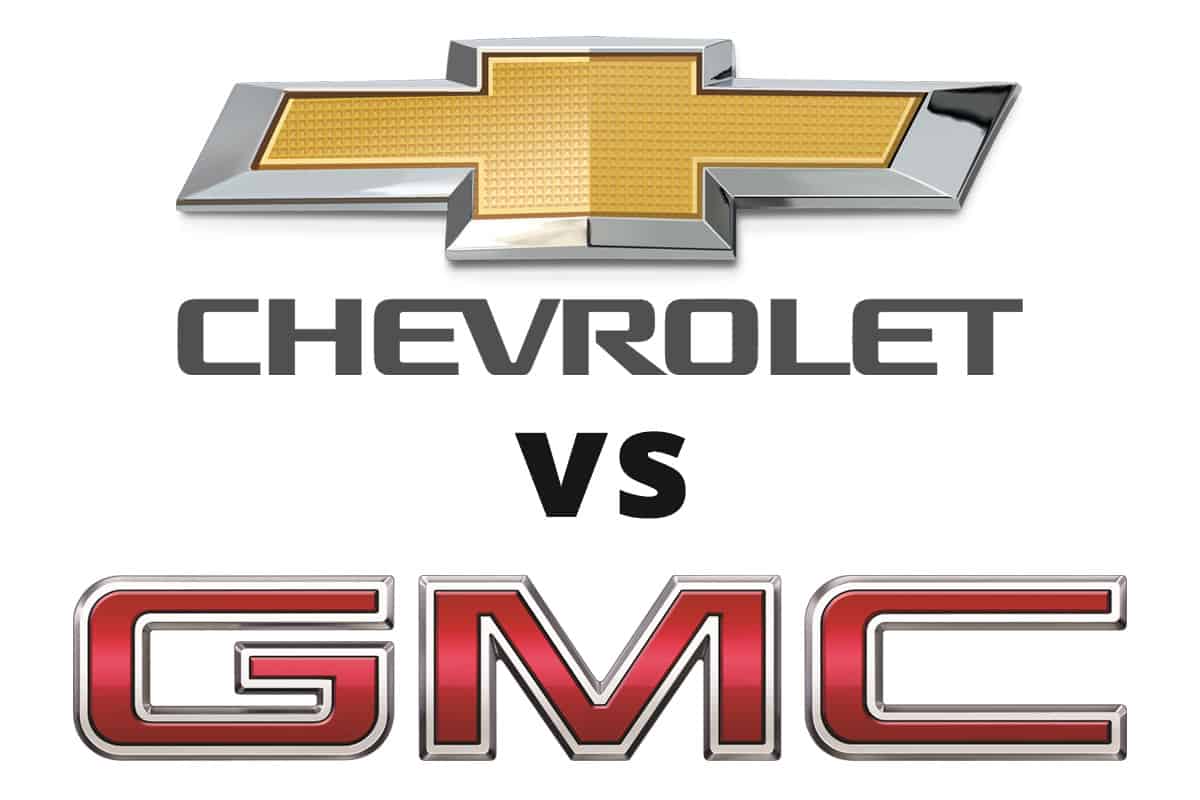In the landscape of American automotive manufacturing, two illustrious brands often find themselves intertwined in conversation: GMC and Chevrolet (Chevy). For many consumers, the question is raised: are GMC and Chevy essentially the same entity? To unravel this enigma, we must delve into the history, branding strategies, product offerings, and consumer perceptions associated with each of these automotive titans.
Historical Perspective
To grasp the relationship between GMC and Chevy, one must first chart their respective histories. Chevrolet was founded in 1911, quickly establishing itself as an emblem of innovation and accessibility in the automotive world. On the other hand, GMC (General Motors Truck Company) emerged a bit later, in 1912, initially focusing on truck production. Both brands are part of the General Motors (GM) umbrella, which means they share a significant degree of corporate structure, resources, and engineering. Historically, however, they carved out distinct identities, catering to varying consumer needs and preferences.
Brand Positioning and Target Markets
While both brands fall under the GM umbrella, their marketing strategies and target demographics have taken divergent paths. Chevrolet has often marketed itself as a practical, family-friendly choice, producing an extensive array of vehicles that cater to a broad audience. From the well-loved Silverado pickup to the economical Cruze sedan, Chevy emphasizes affordability without sacrificing quality.
Conversely, GMC targets a slightly different niche, positioning itself as a premium truck and SUV provider. The brand centers around the notion of professional-grade vehicles, often outfitting them with more upscale features and a higher-end brand perception. This divergence not only affects pricing strategies but also influences consumer expectations regarding luxury, performance, and dependability.
Design and Engineering
When it comes to design and engineering, both GMC and Chevy utilize a shared platform for many of their vehicles. For instance, the Chevrolet Silverado and the GMC Sierra are essentially siblings, built on the same architecture but offering different aesthetics and feature sets. This sibling rivalry manifests in subtle nuances; GMC often adopts a more robust and rugged design philosophy, featuring distinctive front grilles and higher-quality materials, whereas Chevy vehicles typically embody a simpler, more functional design ethos.
The engineering within these vehicles also adheres to shared technological advancements. Both brands incorporate innovative safety features, efficient powertrains, and infotainment systems. Nevertheless, GMC tends to offer additional options or standard features that elevate the driving experience, such as enhanced sound systems or advanced comfort options in their Denali lineup.
Performance and Variability
In terms of performance, GMC and Chevy vehicles frequently roll out with similar engine options, promoting competitive capabilities such as towing capacity and fuel efficiency. However, GMC often emphasizes performance enhancements in its models, particularly through their sport-oriented trims like the Sierra AT4 or the Canyon. These offerings are designed for consumers who desire a balance of rugged capability and daily driving comfort.
Chevy, meanwhile, has introduced various high-performance vehicles—think of the Camaro and Corvette—that stand apart from the larger truck and SUV offerings. Therefore, while performance may overlap in certain categories, the breadth of options varies significantly between the two brands, catering to diverse consumer interests.
Consumer Perception and Loyalty
Another dimension that cannot be overlooked is consumer perception. Chevy historically enjoys a robust market presence, often regarded as the quintessential American automotive choice. Its vehicles resonate across generations, appealing to first-time car buyers, families, and those seeking reliability.
On the flip side, GMC commands respect as a premium brand. Consumers often perceive GMC as a status symbol within the realm of trucks and SUVs. Those who favor GMC tend to be drawn to the high-quality materials, exclusive features, and advanced technology that set it apart from its more mass-market counterpart. This differentiation fosters brand loyalty that is often deeply entrenched, with owners finding it difficult to switch to another brand, emphasizing the personal connection to their vehicles.
Conclusion: Distinct Identities within a Shared Family
As we peel back the layers, it becomes evident that GMC and Chevy are far from being simply two sides of the same coin. Each brand carries its distinct identity, shaped by history, marketing, engineering, and consumer perception. Chevy leans towards practicality and mass appeal, while GMC distinguishes itself through luxury and professionalism. As a consumer, understanding these intricacies can lead to better-informed purchasing decisions. Whether you’re drawn to the rugged charm of a GMC Sierra or the approachable reliability of a Chev Silverado, there’s no denying that both brands, while linked by their parent company, have built unique empires worthy of respect in the automotive realm.
